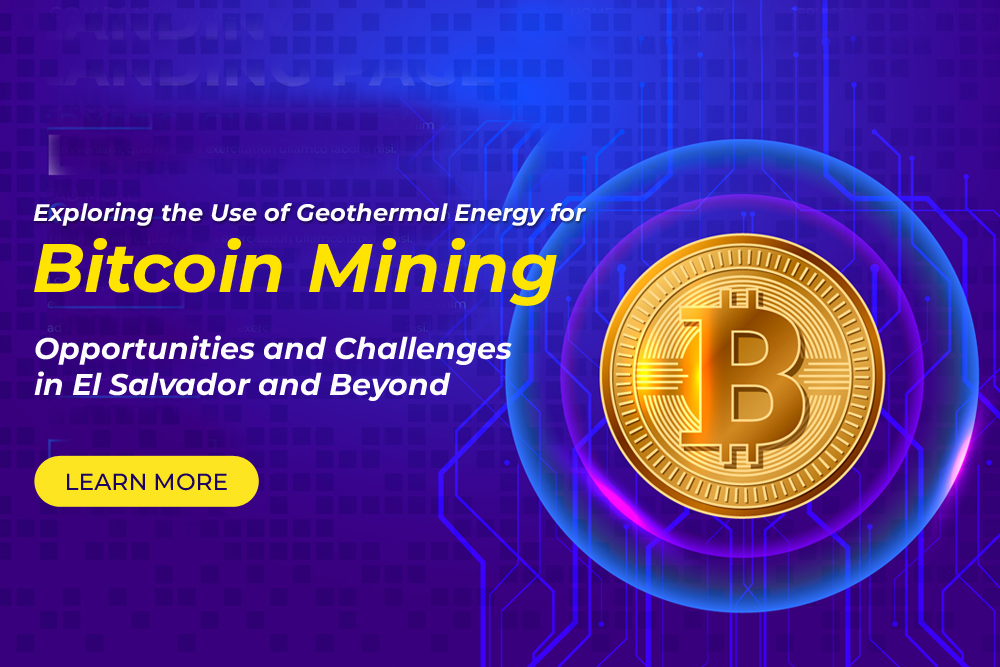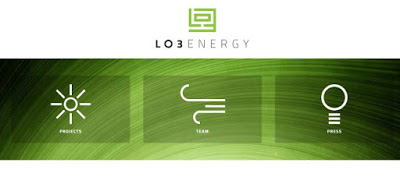
As the cryptocurrency industry continues to grow, the energy consumption of Bitcoin mining has become a concern for many. Bitcoin mining, the process by which new bitcoins are created, requires high computational power, which in turn requires a large amount of energy. This has led to an increased focus on sustainable energy sources for Bitcoin mining. Geothermal energy, a renewable and low-carbon energy source, is one potential solution to this problem.
Geothermal energy has several advantages that make it an attractive option for Bitcoin mining. Firstly, geothermal energy is a reliable source of power as it is generated from the Earth’s heat, which is constant and abundant. Secondly, geothermal energy is relatively low-cost compared to other forms of renewable energy. This can help reduce the overall energy costs of Bitcoin mining operations. Lastly, geothermal energy has a low environmental impact, making it a sustainable option for Bitcoin mining.
One example of a company that is successfully using geothermal energy for Bitcoin mining is Genesis Mining, one of the largest cloud mining companies in the world. They have a geothermal-powered mining farm in Iceland, which allows them to use renewable and low-cost energy to mine bitcoins. This has helped them to reduce their overall energy costs and increase their profits. Another example is the case of El Salvador, where the government is actively promoting the use of geothermal energy for Bitcoin mining through incentives and regulations.
While geothermal energy has many advantages, there are also limitations to using it for Bitcoin mining. One limitation is that geothermal resources are not widely available, and are mostly concentrated in certain areas such as Iceland and New Zealand. This can make it difficult for companies to access geothermal energy, especially if they are located in areas without geothermal resources. Another limitation is the high cost of setting up geothermal power plants. This can be a significant barrier for companies that want to switch to geothermal energy for Bitcoin mining.
Despite these limitations, the use of geothermal energy for Bitcoin mining is an area of active research and development. Companies such as Genesis Mining are actively researching ways to improve the efficiency and scalability of geothermal energy for Bitcoin mining. Additionally, research and development of geothermal energy for Bitcoin mining can help increase the availability of geothermal resources, making it more accessible for companies around the world.
In conclusion, geothermal energy is a promising option for Bitcoin mining. It offers several advantages such as reliability, low cost, and low environmental impact. However, there are also limitations to using geothermal energy such as limited availability and high costs. With ongoing research and development, it is likely that geothermal energy for Bitcoin mining will become more widely available and cost-effective in the future. Countries like El Salvador are showing how it is possible to use geothermal energy to power Bitcoin mining operations while reducing environmental impact. By promoting the use of renewable energy sources and providing incentives for companies, governments can play a key role in encouraging the sustainable development of the cryptocurrency industry.
Open your free digital wallet here to store your cryptocurrencies in a safe place.

Do you like cryptocurrencies? Open a new wallet here for FREE!
Open your free digital wallet here to store your cryptocurrencies in a safe place.

Open your free digital wallet here to store your cryptocurrencies in a safe place.